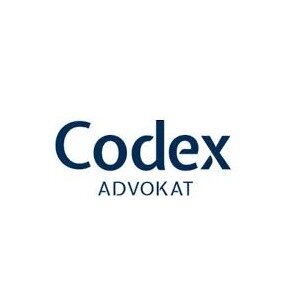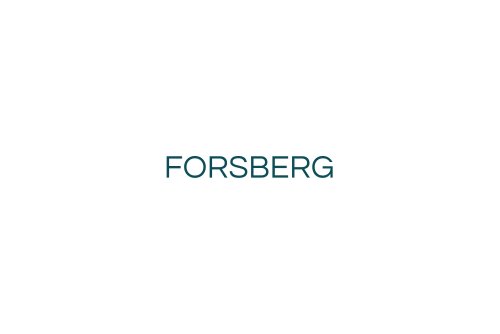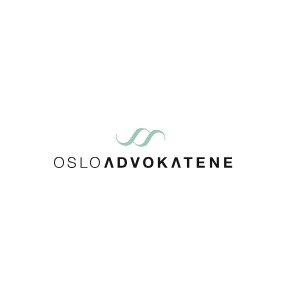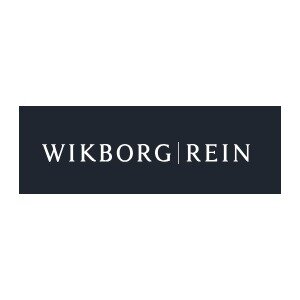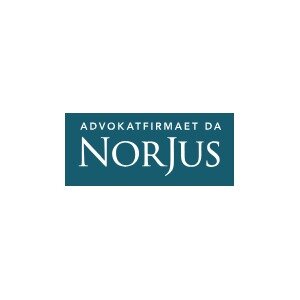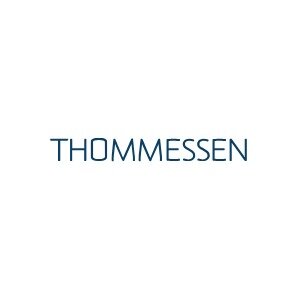Best New Business Formation Lawyers in Oslo
Share your needs with us, get contacted by law firms.
Free. Takes 2 min.
List of the best lawyers in Oslo, Norway
About New Business Formation Law in Oslo, Norway
New Business Formation in Oslo, Norway involves several administrative and legal procedures that ensure your business complies with local regulations. This includes selecting the appropriate business structure, registering your business with the Brønnøysund Register Centre, and adhering to tax and employment laws. Understanding the regulatory environment is crucial to a smooth business start and can help avoid legal hurdles down the road.
Why You May Need a Lawyer
Starting a new business can be complex and requires navigating various laws and regulations. Here are common situations where you may need legal help:
- Choosing the Appropriate Business Structure: Deciding whether to form a sole proprietorship, partnership, limited liability company (AS), or another structure can significantly affect your liability and tax obligations.
- Registering the Business: Accurate and timely registration of your business with relevant authorities is crucial to avoid fines.
- Drafting Contracts: From employment contracts to supplier agreements, a lawyer ensures your contracts are legally sound and protect your interests.
- Intellectual Property Protection: Ensuring your trademarks, patents, and copyrights are protected is essential for safeguarding your business ideas.
- Compliance with Local Laws: A lawyer can help you understand and comply with local employment, tax, and business operation laws.
Local Laws Overview
Here are some key aspects of local laws relevant to New Business Formation in Oslo, Norway:
- Brønnøysund Register Centre: All businesses must register here to operate legally. This includes providing information about the business name, purpose, and structure.
- Tax Regulations: Businesses must register with the Norwegian Tax Administration and understand VAT (mva) obligations, payroll taxes, and corporate income tax.
- Employment Law: Adhering to the Working Environment Act (Arbeidsmiljøloven) is essential for maintaining legal employment practices, including contracts, wages, and workplace safety.
- Permit and Licensing Requirements: Depending on your industry, specific permits and licenses from local and national authorities may be necessary.
- Intellectual Property Rights: Protecting your business innovations through patents, trademarks, and copyrights should be a priority.
Frequently Asked Questions
1. What types of business entities can I form in Oslo?
You can choose from several types, including sole proprietorships, partnerships, and limited liability companies (AS), among others. The best choice depends on factors like liability, taxation, and investment needs.
2. How do I register my business?
You need to register with the Brønnøysund Register Centre. This involves providing details about the business name, structure, and purpose. Your business will also need to register with the Norwegian Tax Administration.
3. Are there specific licenses required to start a business?
This depends on your business type. Certain industries require specific permits and licenses, which can be obtained from local and national authorities.
4. What are the tax obligations for a new business?
Businesses must register for VAT if the revenue exceeds a specific threshold and must also comply with payroll taxes if hiring employees. Corporate income tax also applies.
5. How do I hire employees legally?
You must adhere to the Working Environment Act, which governs employment contracts, wages, working conditions, and other employment-related issues. Registering with the Norwegian Labour Inspection Authority may be required.
6. Do I need a business bank account?
Yes, it is advisable to have a separate business bank account to manage finances more effectively and ensure transparency for tax purposes.
7. How can I protect my business name and logo?
You should register your trademarks with the Norwegian Industrial Property Office (Patentstyret) to protect your business name, logo, and other intellectual property.
8. What should be included in a business plan?
Your business plan should detail your business model, market analysis, organizational structure, product/service offerings, financial projections, and funding needs.
9. How do I ensure compliance with environmental regulations?
Depending on your industry, you may need to comply with specific environmental regulations. Engaging with the Norwegian Environment Agency can provide clarity and necessary permits.
10. Where can I get financial support for my new business?
Several public and private institutions offer grants, loans, and financial support for new businesses, such as Innovation Norway (Innovasjon Norge) and various municipal funding programs.
Additional Resources
- Brønnøysund Register Centre: The official business registry for Norway.
- Norwegian Tax Administration: For information on tax obligations and registrations.
- Innovation Norway: Provides grants, funding, and support to new businesses.
- Norwegian Industrial Property Office: For trademark, patent, and intellectual property registration.
- Norwegian Environment Agency: For information on environmental regulations.
- Norwegian Labour Inspection Authority: For guidelines on employment laws and workplace safety.
Next Steps
If you need legal assistance with New Business Formation in Oslo, Norway, consider taking the following steps:
- Research: Gather information about legal requirements specific to your industry and business type.
- Consult a Lawyer: Seek advice from a lawyer specialized in business law to ensure all legal aspects of your business are covered.
- Prepare Documentation: Compile necessary documents such as business plan, registration forms, and financial statements.
- Register Your Business: Complete the business registration process with the Brønnøysund Register Centre and the Norwegian Tax Administration.
- Follow-Up: Maintain compliance by keeping abreast of changes in local laws and regulations that may affect your business.
Lawzana helps you find the best lawyers and law firms in Oslo through a curated and pre-screened list of qualified legal professionals. Our platform offers rankings and detailed profiles of attorneys and law firms, allowing you to compare based on practice areas, including New Business Formation, experience, and client feedback.
Each profile includes a description of the firm's areas of practice, client reviews, team members and partners, year of establishment, spoken languages, office locations, contact information, social media presence, and any published articles or resources. Most firms on our platform speak English and are experienced in both local and international legal matters.
Get a quote from top-rated law firms in Oslo, Norway — quickly, securely, and without unnecessary hassle.
Disclaimer:
The information provided on this page is for general informational purposes only and does not constitute legal advice. While we strive to ensure the accuracy and relevance of the content, legal information may change over time, and interpretations of the law can vary. You should always consult with a qualified legal professional for advice specific to your situation.
We disclaim all liability for actions taken or not taken based on the content of this page. If you believe any information is incorrect or outdated, please contact us, and we will review and update it where appropriate.



